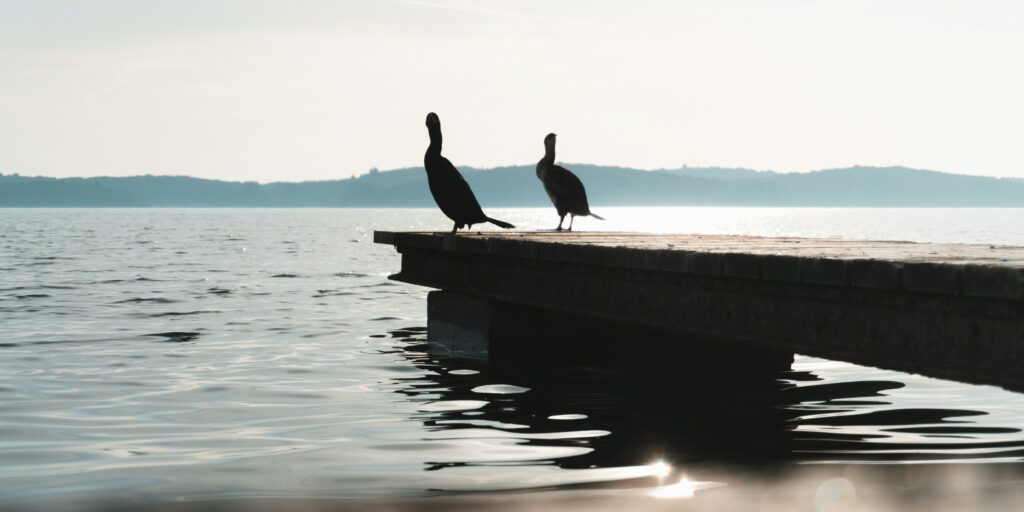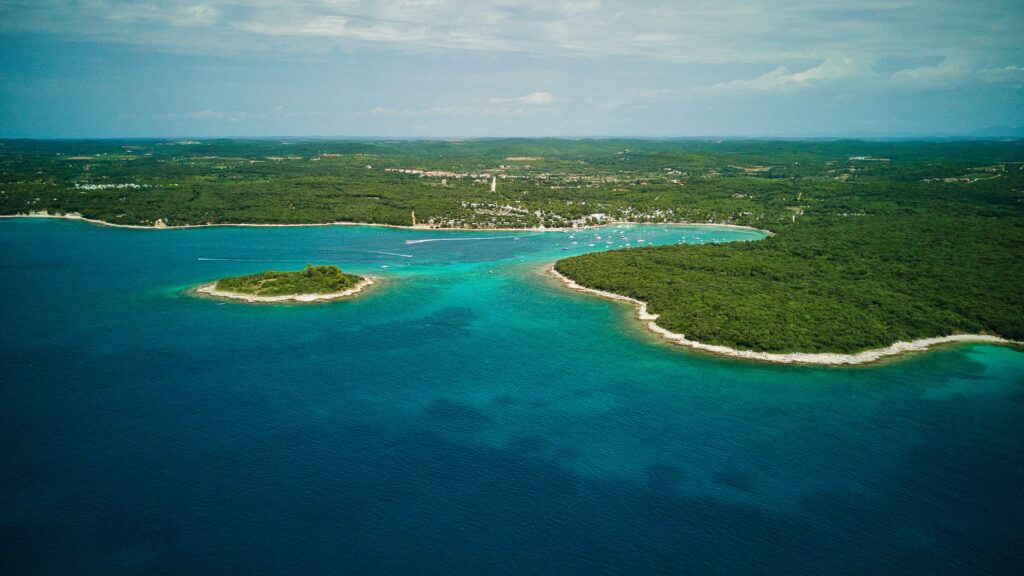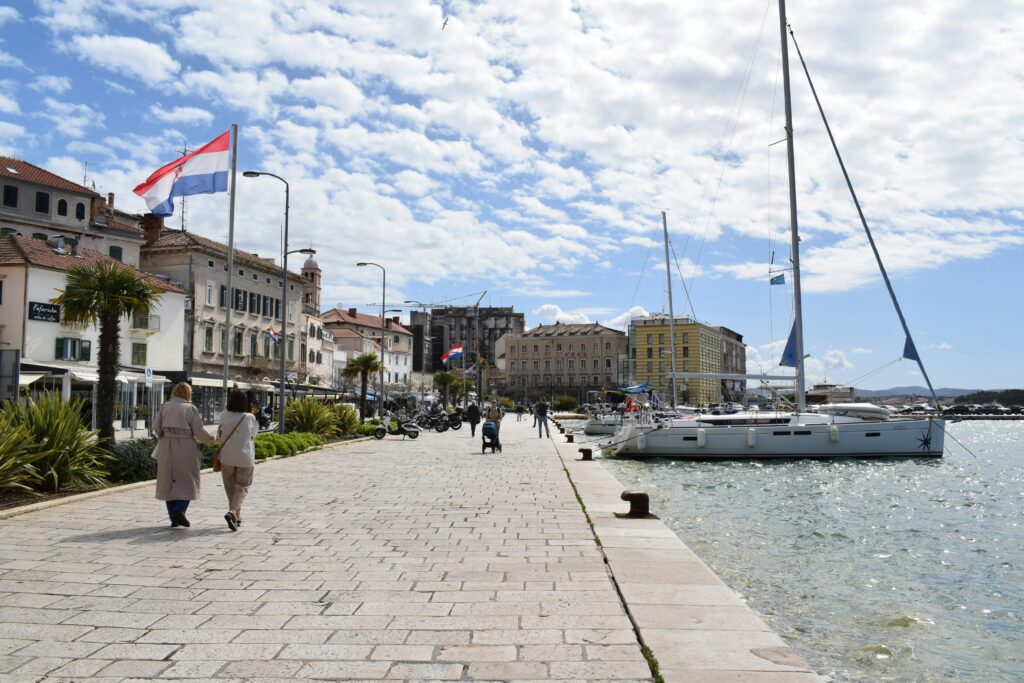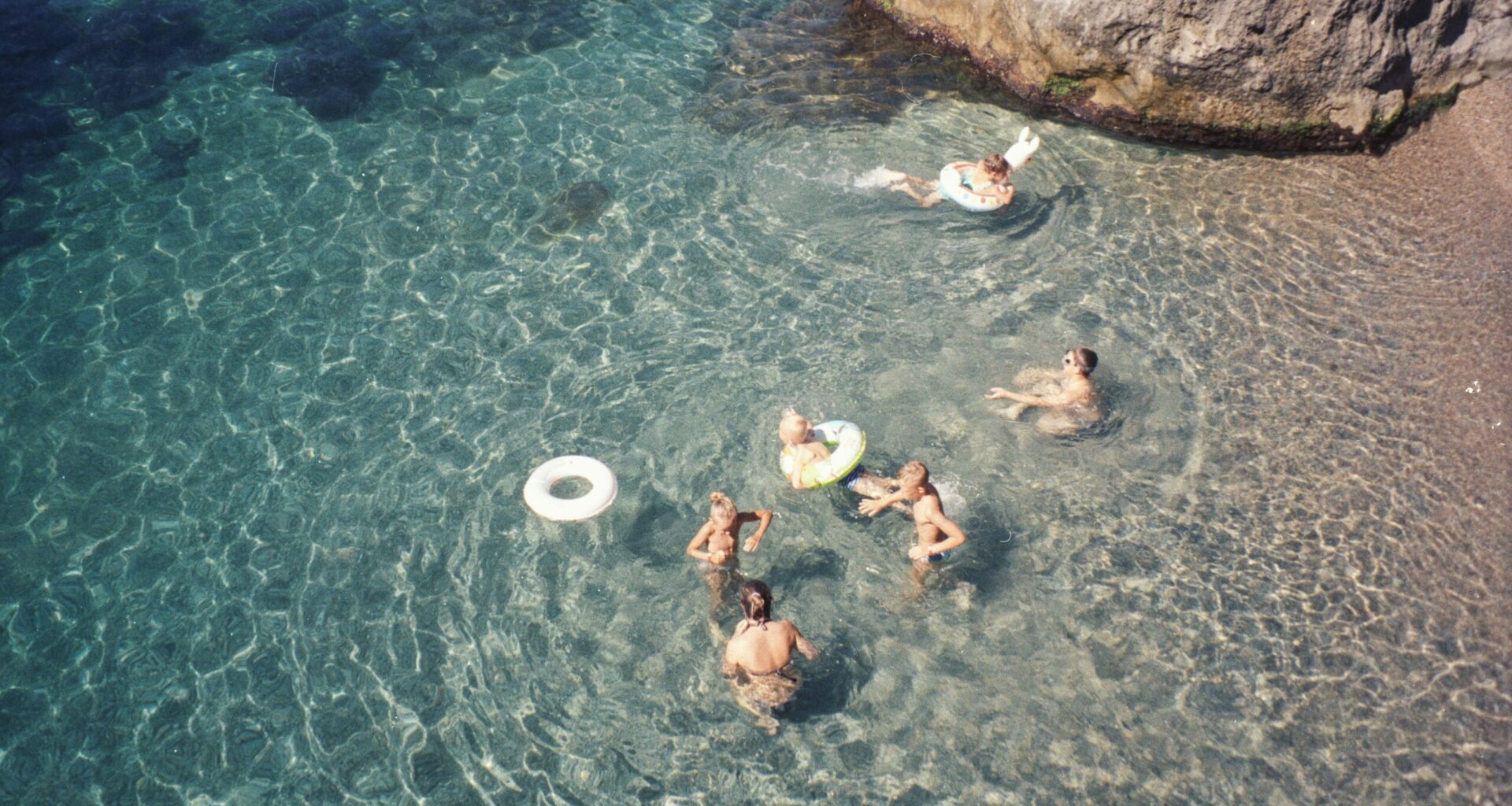October the 21st, 2025 – Getting the balance between profit and sustainability right is becoming a constant for Croatia as it seeks to firmly prioritise sustainable tourism going forward.
As IstraIN/HRT writes, sustainable tourism is one of the key goals of the Development Strategy until the year 2030, and the question of how to stop the phenomenon of constant “apartmentisation” and excessive growth of mass tourism is becoming increasingly important.
Although there’s been no shortage of challenges and obstacles for to Croatia to deal with in its path to sustainable tourism, experts have pointed out that the first steps towards achieving real sustainability and an extension of the tourist season to encompass more or less the entire year are now much more visible than they were in the past.

According to data for the month of September 2025, Croatian tourism achieved more than 5% growth in arrivals, overnight stays and total traffic compared to the same period just last year. These encouraging results show that Croatia’s enormously important tourism industry is gradually progressing outside of the traditional constraints of the very height of summer despite numerous spanners having been thrown in the works.
Analysts have continually warned that the main challenges remain excessive “apartmentisation”, which has been plaguing the Croatian coast for a long time now. Alongside that, inflationary pressures and ongoing rising prices for accommodation and services, as well as a still relatively short season, remain serious issues.
“It’s necessary to invest in the development of more direct air routes and adjust the offer to tourists outside the summer months,” Josip Mikulić from the Faculty of Economics in Zagreb and the Institute of Tourism emphasised for HRT.

Minister Tonči Glavina also stated that Croatia is among the European leaders in the development of sustainable tourism, but that the sector still has a lot of work to do and continued adaptation as we go forward.
“Every single destination must decide what it wants to be and what kind of service it wants to attract guests with. It’s going to be necessary for Croatia to really define the boundaries of sustainable development and manage all of this traffic,” said Glavina.
One of the main assets for Croatian tourism remains the country’s incredibly impressive nautical sector, which delivers results throughout the entire year. ACI has revealed that Croatia holds about 40% of the world’s charter fleet, but they warn of the need for greater care for the sea and coastline as a result of this.

“The infrastructure and offer in marinas are at a high level, but responsibility towards the environment must be a shared priority,” emphasised ACI CEO Kristijan Pavić.
However rightly controversial and met with raised eyebrows, artificial intelligence (AI) is also playing an increasingly important role in the development of tourism. It is currently being employed to simplify guests’ stays. Automated registrations, faster responses and personalised recommendations of local content on offer for all tastes and desires are increasingly being used by domestic tourism entities to streamline otherwise somewhat burdensome processes.
In the coming period, the emphasis of tourism policy will be on price competitiveness, reducing seasonality and further strengthening sustainability as the foundation for the long-term development of Croatian tourism.
Subscribe to our newsletter
the fields marked with * are required
